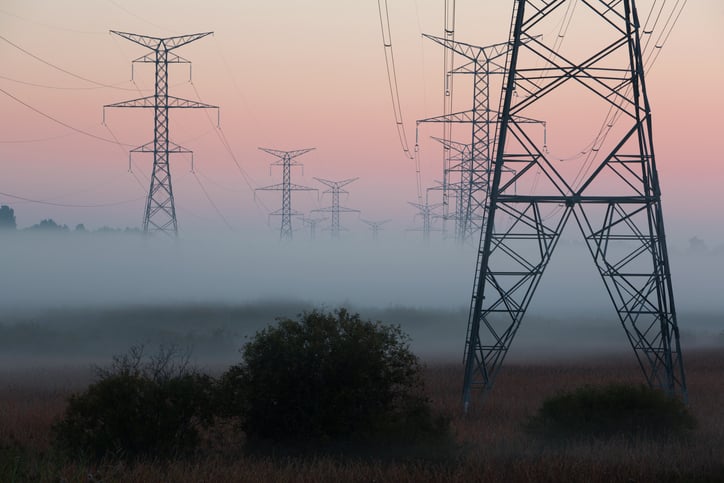Ofgem is altering the parameters of the Market Stabilisation Charge (MSC), which it brought in in February in response to supplier volatility.
The MSC means suppliers are required to pay part of the wholesale energy losses caused when it acquires a new customer to the losing supplier. This only comes into effect when the wholesale power price falls considerably below the level assumed in the price cap.
When it was introduced, the regulator said this was designed to stop energy companies taking disproportionate financial risks, and ensure suppliers who had purchased energy in advance aren’t penalised, whilst protecting consumers’ ability to benefit from switching to cheaper tariffs.
It came into effect on 14 April, but has yet to be activated as wholesale power prices have not fallen far enough.
From 31 March 2022 to 14 April 2022, Ofgem further consulted on the MSC, announcing two technical changes to the parameters used in the calculation methodology yesterday (16 May).
These include changing the trigger point, reducing it from when prices fall 30% below the level of the wholesale price assumed by the current level of the price cap, to 10%.
Secondly, the percentage the losing supplier is reimbursed is being changed, increasing from 75% of the cost of the energy beyond the trigger point, to 85%. The cost of energy bought for that customer will be assumed to match the price cap methodology.
“Our approach is to set the parameters at the minimum intervention that we judge would allow an efficient and well-managed supplier to finance its business and make prudent hedging decisions,” Ofgem wrote in its decision.
“We have assessed this through considering the profitability of a notional supplier with 5 million customers that has hedged prudently at 100% of its projected sales covered by the price cap. This is not a precise science, not least because we cannot know what future prices will do, and so we have sought a balanced outcome across our scenarios.”
The move has faced some criticism, including from Martin Lewis, the Money Saving Expert, who wrote on twitter that “staggeringly [Ofgem] aims to effectively STOP firms undercutting the price cap…”.
Ofgem has rebuffed the claim, saying the reforms to the retail market, including these changes to the MSC are designed to make it more resilient and protect customers.
“We are making these changes to make the MSC more robust given the increased volatility in the wholesale gas market since Russia’s invasion of Ukraine,” the regulator said in a statement provided to Current±.
“This will reduce the risk of additional costs to consumers from supplier failures. It ensures that suppliers can buy electricity and gas needed to supply their customers confident that they will be reimbursed if they are undercut by other suppliers if wholesale prices fall.
“This will make sure competition is sustainable, make the market more resilient, and reduce the risk of supplier failure, which all customers pay for.”
Throughout 2021, 27 suppliers collapsed and Bulb entered special administration, and over the first few months of this year Whoop Energy, Xcel Power Ltd and Together Energy shuttered. Criticism was launched against some of these suppliers, for failing to sufficiently hedge and selling power at below market rates, this left them vulnerable to surging power prices towards the end of 2021 and into the beginning of 2022 as gas prices hit record highs.
The cost of placing the customers of the collapsed companies with new suppliers through the Supplier of Last Resort mechanism has further increased bills, with analysis from Cornwall Insight in December suggesting it had already added £2.4 billion, or £90 per household.
In April, the price cap was increased by 54% to £1,971, predominantly due to high wholesale gas prices but inclusive of the costs of supplier collapses. Recent research from Cornwall Insight suggests the price cap could hit £2595.19 for the upcoming winter period.
Along with the announcement of the changes to the MCS, Ofgem launched a consultation into whether the default tariff price cap should be set every three months, instead of every six yesterday. This too was met with some criticism, with fuel poverty charity National Energy Action suggesting this would lead to an increase in bills in the middle of winter, further straining consumers struggling with the rising price cap.
While the MCS is currently set to run till September 2022, Ofgem anticipates it will be extended out until 31 March 2023. It will launch a further consultation in June, that will assess this extension along with other elements of the MCS calculation.





